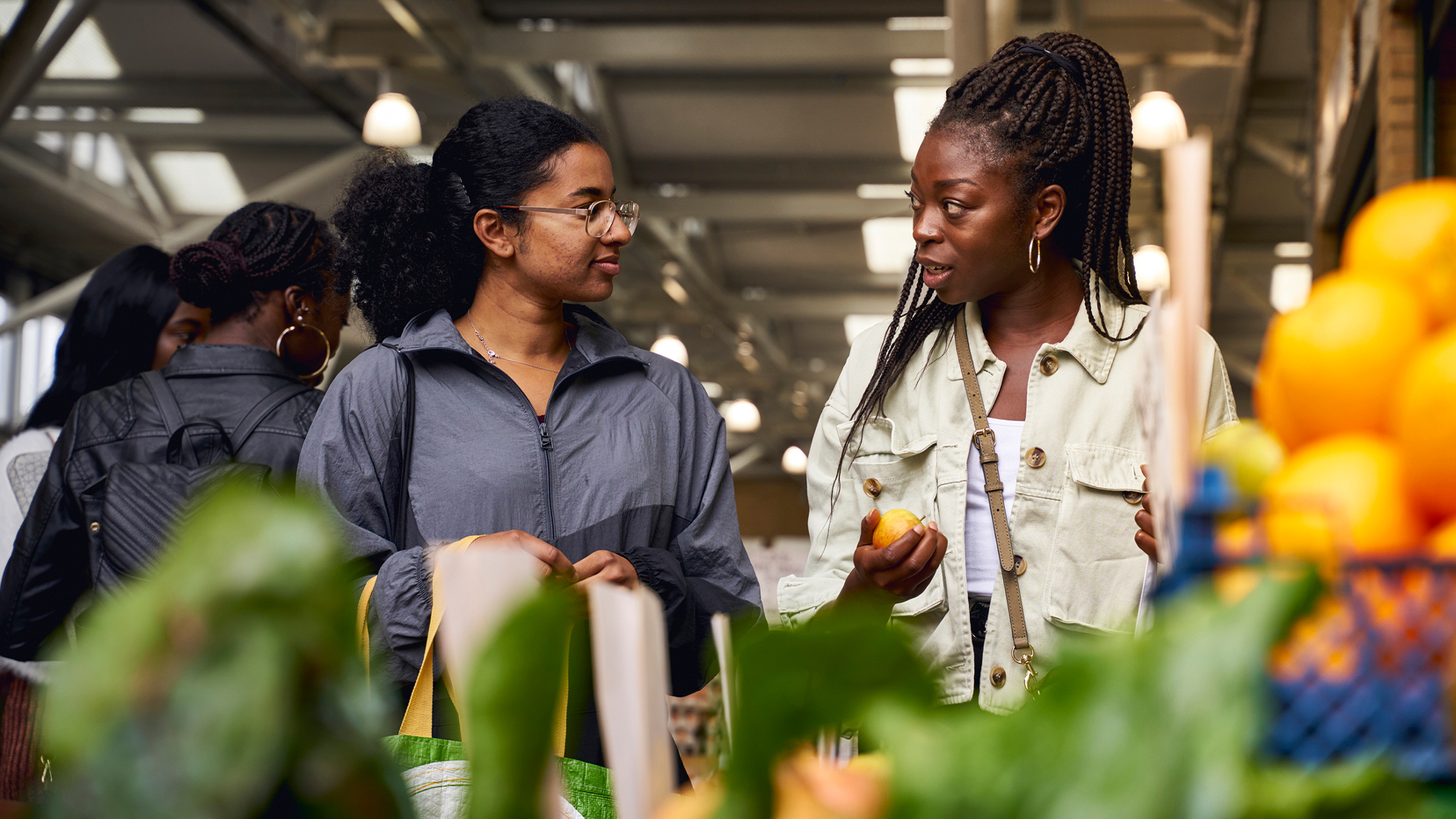This grocery store is on a mission to promote positive change in the community of an Indianapolis, IN, neighborhood.
According to HuffPost, the Indy Fresh Market has officially opened its doors as a place to address food insecurity on Indianapolis’ east side.
Additionally, the grocery store will serve as a second chance for formerly incarcerated people.
Addressing Indy's Food Insecurity
“For five or six miles, there was no place to get food anywhere around here unless it was the Family Dollar or gas stations,” founder and co-operator Marckus Williams said, per the outlet.
The area, which was once home to other grocers such as Kroger, Walmart, and Safeway, has witnessed the closure of places that residents had counted on for their food needs.
“It’s hard out here, and with nothing on the bus line, it’s pretty much impossible to have healthy options for the residents in the community,” Williams shared.
What’s more, as someone who was previously incarcerated, Williams says Indy Fresh Market needed to be a place for people that were looking for a second chance.
“Indy Fresh Market was a second chance for me,” he said. “For some people, this is their first job.”
Providing The Community With A Second Chance
Per Williams, roughly 20 of the 41 workers at the grocer are second-chance employees. Not only are they now able to level up their own lives, but they are spreading positivity and good vibes to a community that needs it.
“It’s a new staple in the area now,” Williams said of the new store. “You can run into people you haven’t seen in a while, make connections, reconnections, hugs, smiles all inside.”
No stranger to entrepreneurship, Williams once owned a small convenience store alongside Indy Fresh Market co-operator Michael McFarland.
In development since 2021, the grocery store was built by medical device manufacturer Cook Medical, which is another company committed to helping solve food insecurity in the Indianapolis neighborhood.
Overall, Williams and McFarland have a mission to expand to other neighborhoods experiencing similar problems.
“We want to keep the Black community and other communities fed,” Williams said. “Coming to a neighborhood near you, that’s the goal.”

